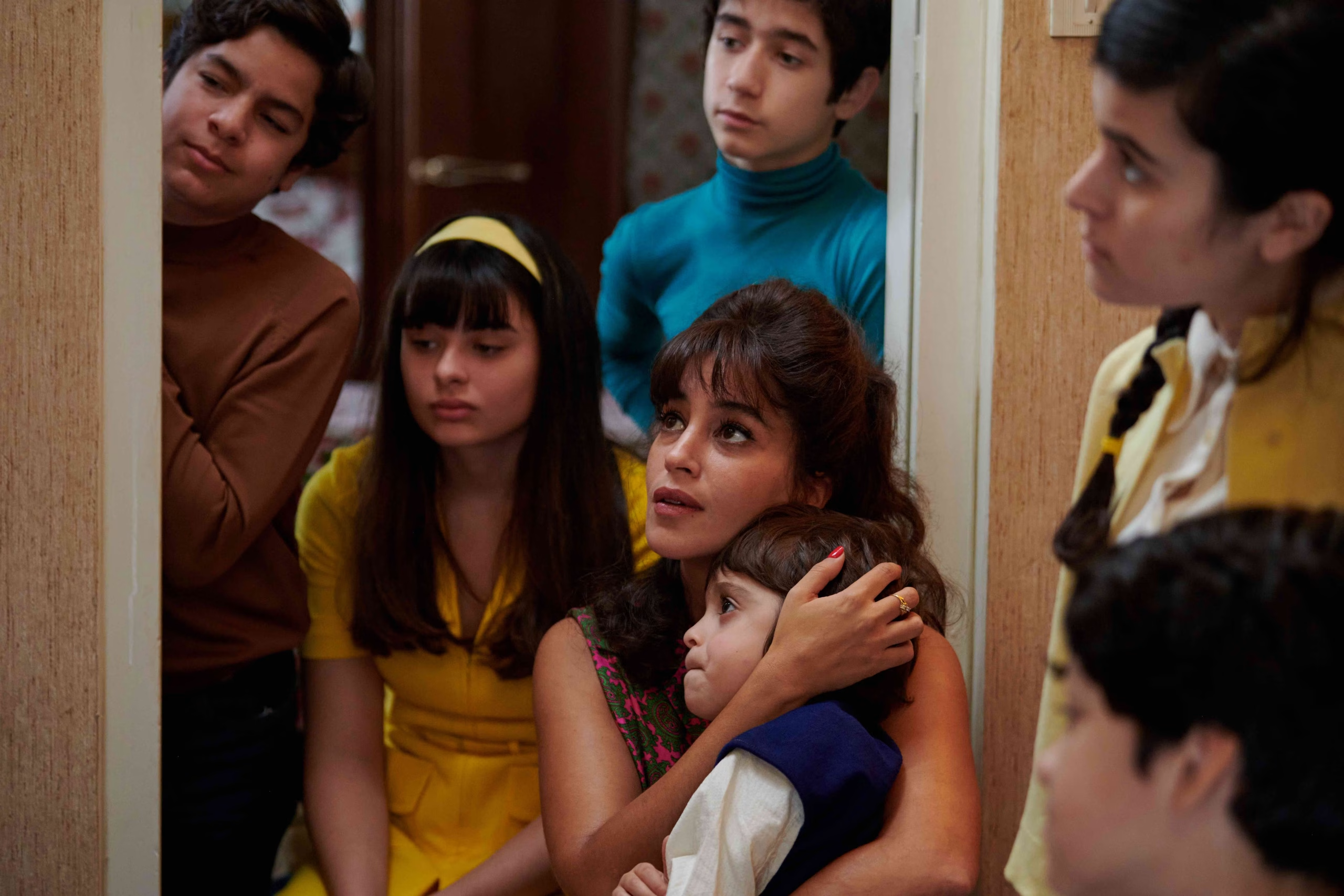Directed by Ken Scott, Once Upon My Mother (Ma mère, Dieu et Sylvie Vartan) is not just a biographical adaptation but a cinematic epic about the transformative power of motherhood. Based on Roland Perez’s autobiography, the film tells the story of a child born with clubfoot in 1963 and his mother, Esther. Despite doctors’ bleak prognosis, Esther’s promise to her son—“you will walk, and your life will be wonderful”—stands at the heart of the film like a knot of fate.
Scott doesn’t craft a conventional drama; he creates a warm tone infused with humor. He blends the laughter of life’s unexpected moments with the tears of its heaviest scenes in a single frame. Thus, Once Upon My Mother transcends being merely a story of overcoming obstacles, making visible both the individual and universal dimensions of a mother’s love.
The Cultural Memory of Family
Infused with the distinct texture of Quebec cinema, the film centers on a family narrative while subtly connecting to themes of cultural identity, migration, and faith. Esther’s promise to her son symbolizes a determination that transcends societal structures. In this way, the film is not only Roland Perez’s personal story but also a universal poem dedicated to the unseen labor of caregivers.
The Power of Performances
Leïla Bekhti’s portrayal of Esther captures the unyielding strength and fragility of maternal love. Jonathan Cohen’s performance is filled with nuanced touches that ground the story in reality. Their chemistry forms the film’s most compelling thread.
Themes and Tone
- The absolute love of motherhood: Esther’s resolve reminds us that hope can persist even in the toughest conditions.
- Resistance against adversity: The idea of transforming life through the strength of the spirit, despite physical limitations, lies at the film’s core.
- The weight of a promise: The vow between mother and son serves as the film’s dramatic backbone and a metaphor for the meaning of life.
Why It Stands Out
- Docu-Narrative trend: As autobiographical stories increasingly find their way to the screen, this film stands as one of the genre’s most refined examples.
- French-Canadian texture: Blending humor and drama, it delivers a distinctive cultural narrative.
- Societal resonance: In an era when the invisible labor of caregivers is under discussion, Once Upon My Mother brings this conversation to light.
Critics’ Perspective
Mondociné calls the film “a little gem,” while Le Journal de Montréal highlights its box-office success. Audiences describe it as an experience where “we laughed and cried,” summing up its emotional intensity.
Apartment No:26 Note
Once Upon My Mother is not just a biographical drama but a cinematic letter that captures the unshakeable nature of motherhood with universal sensitivity. Ken Scott crafts a story that starts from a personal narrative yet touches the hearts of all. Watching this film means remembering that it’s possible to rebuild life by holding onto a mother’s word.














